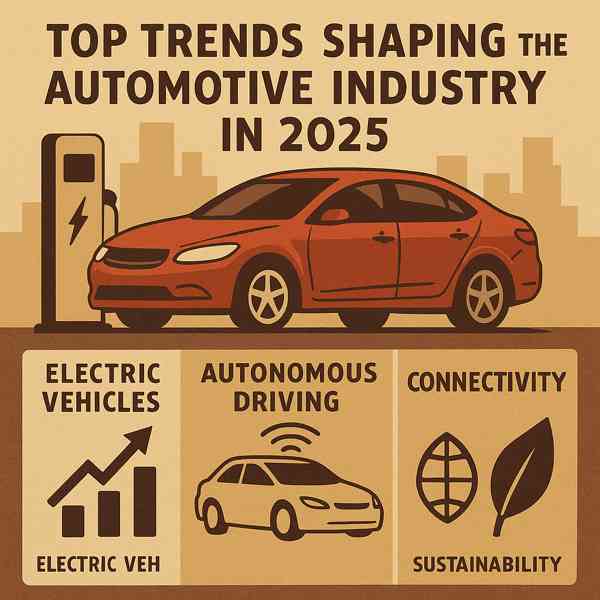Electric Vehicles Explained
Electric Vehicles Explained
Blog Article

With zero emissions and cutting-edge technology, EVs are quickly becoming a top alternative for personal and commercial travel.
From compact cars and SUVs to trucks and motorcycles, EVs are available in more models than ever.
Understanding EVs
Electric vehicles are powered entirely by stored electricity, rather than traditional internal combustion engines.
Main elements of an electric vehicle:
- Drives the wheels using electricity
- Usually lithium-ion or solid-state
- Controls efficiency and output
- Charging system
Electric vehicles come in various types, such as plug-in hybrids (PHEVs)—each with different levels of electrification.
Why Choose an EV?
The rise of electric vehicles is fueled by their positive environmental impact.
Major benefits include:
- Reduced maintenance needs
- Helps fight climate change
- Less noise and vibration
- Financial perks for EV buyers
For eco-conscious and cost-aware drivers, electric vehicles are an increasingly responsible choice.
Limitations to Consider
Despite the growing popularity of EVs, they still face some barriers that buyers should consider.
Common concerns include:
- May require more frequent charging
- Longer trips need planning
- Though often offset by long-term savings
- Batteries degrade over time
As technology advances and infrastructure improves, many of these challenges are becoming less significant.
Different Kinds of EVs on the Market
EVs vary by power source, range, and usage.
Categories of electric vehicles:
- Battery Electric Vehicles (BEVs)
- Can switch between electric and fuel power
- Combines electric and gas power but cannot plug in
- Emit only water vapor
Each electric vehicle type has its pros and cons, so buyers should understand the differences.
Understanding Charging Options
Charging an electric vehicle is convenient once you understand your options.
Main EV charging options include:
- Standard household outlet
- Faster and ideal for daily use
- DC Fast Charging
- Wireless or inductive charging (emerging tech)
As public charging networks expand, EV owners will enjoy even more accessibility and peace of mind.
The Future of Electric Vehicles
Electric vehicles are here to stay.
Trends shaping the future include:
- Higher energy density and faster charging
- Using EVs to support the power grid
- Combining EV tech with self-driving systems
- Making EVs accessible to all drivers
As innovation continues, EVs will become more efficient, affordable, and widespread.
Conclusion
Electric vehicles represent a major shift in how we think about mobility.
The future is electric—are you ready to plug in?
Report this page